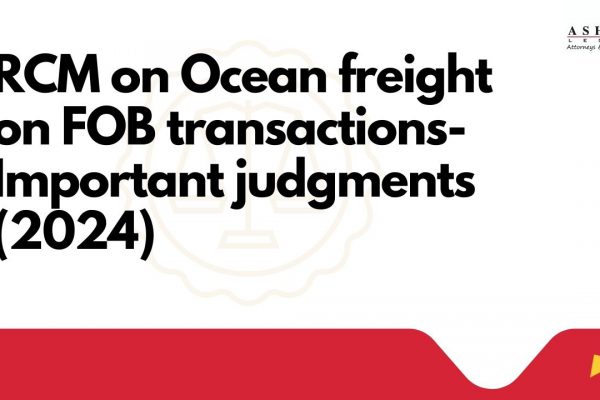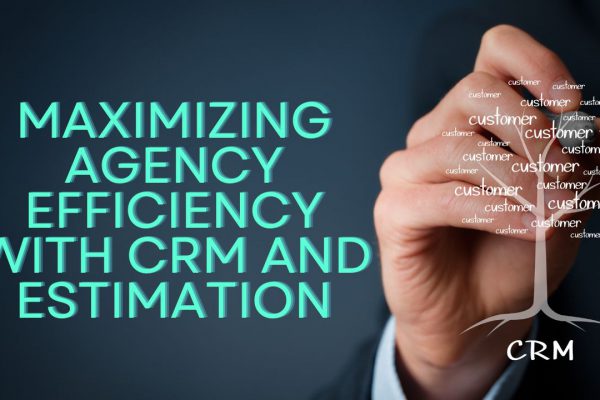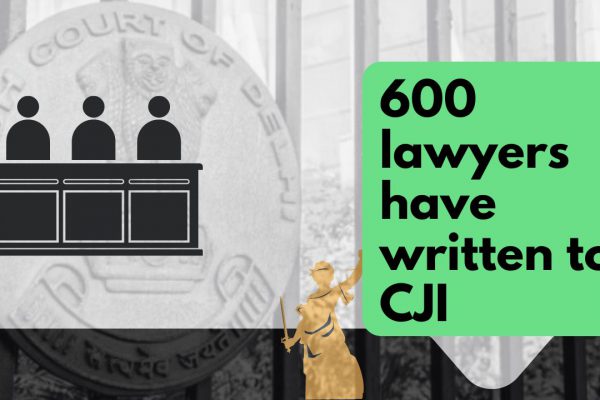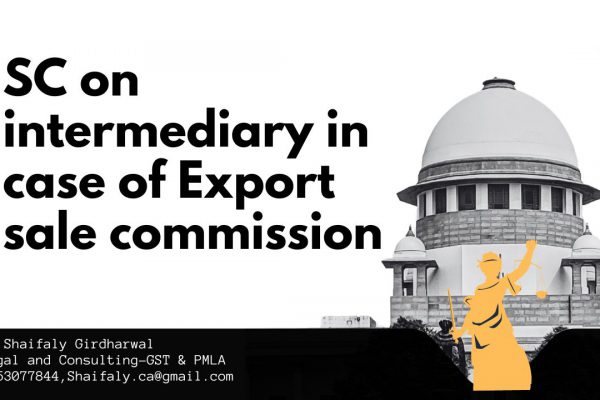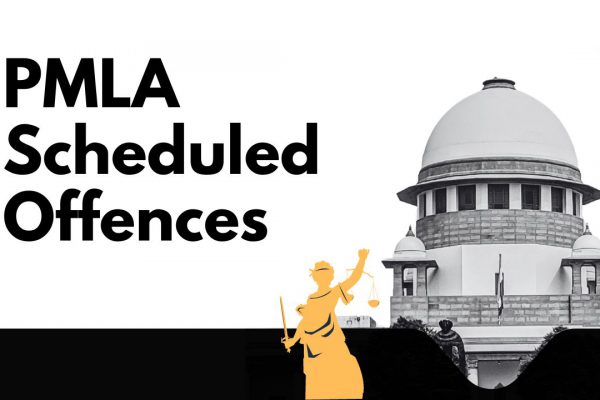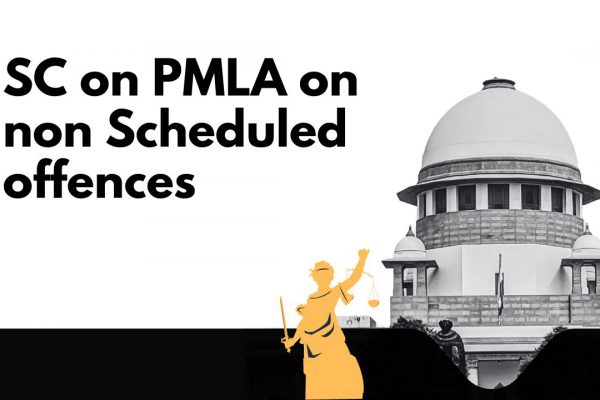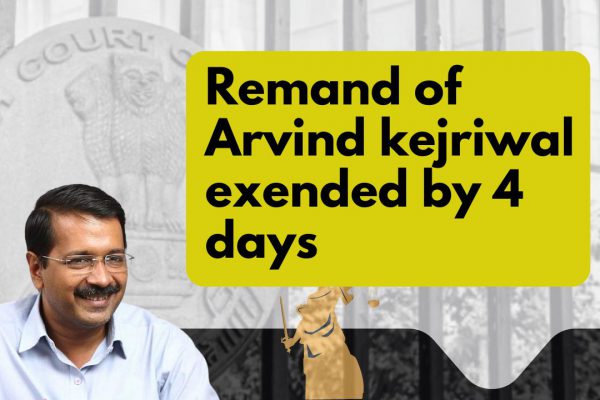338th Issue: 20th February 2022- 26th February 2022
Since the implementation of GST, the claim of the input tax credit has witnessed multiple amendments with Government’s intention to allow ITC on invoices/debit notes which are uploaded by the suppliers in GSTR-1. At the inception of GST, the availment of ITC was envisaged as a two-way communication whereby the supplier would upload the supply invoice details on the common portal and the recipient, on a real-time basis, would accept/reject the same. However, as the system functionalities were not in place, the two-way communication system could not be implemented. Further, the legislative provisions to normalize the two-way communication, i.e., Section 41, 42, 43, and 43A of the CGST Act are proposed to be omitted vide Finance Bill 2022 giving a go-bye to the ambitious ‘credit-matching’ concept.
Amendment to Section 16(2)(aa) of the CGST Act read with Rule 36(4) of the CGST Rules [effective from Jan’22] provides that ITC shall be not be availed unless the details of invoices have been communicated in Form GSTR-2B. The availment of ITC in GSTR-2B continues to be plagued by certain ambiguity which remains unaddressed as on date. While the invoices are reflected in the GSTR-2B for a month, ITC is not eligible to the recipient due to non-fulfillment of certain other conditions specified in Section 16 of the CGST Act viz. goods in transit not received by the buyer, invoice not received by the buyer, etc.
Imposition of such restrictions on the recipient for the non-compliance of supplier is onerous on the recipient, who has no recourse or control over the supplier; these conditions appear to be retrograde, arbitrary, and irrational and run counter to robust value-added tax legislation.
With a clear mandate from Government to allow ITC only if the same appears in GSTR-2B, it is imperative to have a robust internal control system to save and claim ITC on a timely basis which is as good as cash for any business.
We recommend ensuring the following reconciliation before filing GST return for a particular tax period:
- Monthly document wise Reconciliation of ITC as per GST-2B after considering debit notes and credit notes also.
- Identify Invoices accounted for in books and also appearing in GSTR-2B.
- Invoice accounted for in books but NOT appearing in GSTR-2B of the same month.
- Invoice NOT accounted for in books but appearing in GSTR-2B that month.
- Mismatch in ITC due to previous months’ effects.
SYNOPSIS
| S.NO. | TOPICS | PAGE NO. |
| 1] | TAX CALENDAR | 4 |
| 2] | INCOME TAX | 5 |
| DISCUSSION | VIRTUAL DIGITAL ASSET | |
| 3] | GST | 6 |
| CASE LAW | IGST NOT PAYABLE ON RESIDENTIAL DWELLING RENTED FOR THE PURPOSE HOSTEL
|
|
| 4] | FEMA | 7 |
| CIRCULAR | EXIM BANK’S GOVERNMENT OF INDIA SUPPORTED LINE OF CREDIT (LOC) OF USD 40 MILLION TO THE GOVERNMENT OF THE REPUBLIC OF MALDIVES
|
|
| 5] | CUSTOMS | 8 |
| NOTIFICATION | Rate of exchange of one unit of foreign currency equivalent to Indian rupees.
|
|
| 6] | DGFT | 9 |
| TRADE NOTICE | ISSUANCE OF REPLENISHMENT AUTHORISATION AS PER PARA 4.35 AND 4.36 OF FOREIGN TRADE POLICY (FTP) FROM NEW ONLINE IT MODULE W.E.F. 21.02.2022 | |
| NOTIFICATION | IMPORT POLICY FOR MOONG IS REVISED FROM “FREE” TO “RESTRICTED” | |
| 7] | UNION BUDGET 2022-23 | 10 |
| 8] | GST PLEADING AND PRACTICE: WITH SECTION-WISE GST CASES & GST NOTICES AND THEIR REPLIES
|
11 |
| 9] | LET’S DISCUSS THIS FURTHER | 12 |
TAX CALENDAR
| Due Date | Form/Return/Challan | Reporting Period | Description |
| 20th February | GSTR-5 | January 2022 | Return to be filed by all Non- Resident Taxpayers in case they don’t wish to avail ITC (Input Tax Credit) on local procurements. |
| 20th February | GSTR – 5A | January 2022 | Return to be furnished by Online Information and Database Access or Retrieval (OIDAR) services provider to un-registered person or customers |
| 20th February | GSTR – 3B | January 2022 | Consolidated summary return of inward and outward supplies |
INCOME TAX
DISCUSSION
VIRTUAL DIGITAL ASSETS
OUR COMMENTS: The Finance Bill, 2022 proposed to insert a new section 2(47A) to the Income Tax Act, 1961. This section defines the expression ‘virtual digital asset’ as-
- any information or code or number or token (not being Indian currency or foreign currency), generated through cryptographic means or otherwise, by whatever name called, providing a digital representation of value exchanged with or without consideration, with the promise or representation of having inherent value, or functions as a store of value or a unit of account including its use in any financial transaction or investment, but not limited to investment scheme; and can be transferred, stored or traded electronically;
- a non-fungible token or any other token of similar nature, by whatever name called;
- any other digital asset, as the Central Government may, by notification in the Official Gazette specify.
The Central Government by notification in the Official Gazette excludes any digital asset from the definition of the virtual digital asset subject to such conditions as may be specified therein.
Non-fungible asset
Clause (a) of Explanation to section 2(47A) defines the expression ‘non-fungible asset’ as such digital asset as the Central Government may, by notification in the Official Gazette, specify.
Currency
Clause (b) of Explanation to section 2(47A) provides that the expressions ‘currency’, ‘foreign currency’ and ‘Indian currency’ shall have the same meanings as respectively assigned to them in clauses (h), (m), and (q) of section 2 of the Foreign Exchange Management Act, 1999 (‘FEMA’ for short).
Section 2(h) of FEMA defines the term ‘currency’ as including all currency notes, postal notes, postal orders, money orders, cheques, drafts, traveler’s cheques, letters of credit, bills of exchange and promissory notes, credit cards, or such other similar instruments, as may be notified by the Reserve Bank.
Section 2(m) of FEMA defines the expression ‘foreign currency’ as any currency other than Indian currency.
Section 2(q) of FEMA defines the expression ‘Indian currency’ as a currency that is expressed or drawn in Indian rupees but does not include special bank notes and special one rupee notes issued under section 28A of the Reserve Bank of India Act, 1934.
Taxation of virtual digital assets
The Finance Bill inserted a new section 115BBH for the purpose of taxing virtual digital assets. This will come into effect from 01.04.2023. Section 115BBH(1) provides that where the total income of an assessee includes any income from the transfer of any virtual digital asset, the income-tax payable shall be the aggregate of-
- the amount of income-tax calculated on the income from transfer of such virtual digital asset at the rate of 30%; and
- the amount of income-tax with which the assessee would have been chargeable had the total income of the assessee been reduced by the income referred to above.
Deduction
There will be no deduction in respect of any expenditure (other than the cost of acquisition) or allowance or set-off of any loss shall be allowed to the assessee under any provision of this Act in computing the income.
Set off
No set-off of loss from the transfer of the virtual digital asset computed shall be allowed against income computed under any other provision of this Act to the assessee and such loss shall not be allowed to be carried forward to succeeding assessment years.
TDS
The Bill inserted a new section 194S for the purpose of deduction of tax at source on the payment of virtual digital assets.
GST
CASE LAW
IGST NOT PAYABLE ON RESIDENTIAL DWELLING RENTED FOR THE PURPOSE HOSTEL: KARNATAKA HIGH COURT
Brief: The Hon’ble Karnataka High Court in Taghar Vasudeva ambush versus appellate authority for advance ruling, Karnataka, commissioner of central tax Bangalore, assistant commissioner of commercial taxes lgsto-90, Bengaluru [2022 (2) TMI 780 – Karnataka high court] quashed the order passed by the AAAR, denying exemption to the assessee on the service of renting of property used for the purpose of a hostel for the students and working women. Held that, such service will fall within the purview of a residential dwelling and is used for residential purposes. Thus, exempted from payment of Integrated Goods and Services Tax (“IGST”).
Our Comments: The Hon’ble Karnataka high court in that Vasudeva ambush versus appellate authority for advance ruling, Karnataka, commissioner of central tax Bangalore, assistant commissioner of commercial taxes lgsto-90, Bengaluru [2022 (2) TMI 780 – Karnataka high court] held as under:
- Analysed Entry 13 of the Exemption Notification and noted that it provides an exemption of Integrated Goods and Services Tax (“IGST”) in respect of ‘services by way of renting of residential dwelling by way of use as a residence’, but the expression ‘residential dwelling’ has not been defined.
- Further noted that as per the education guide issued by CBICwhich provides that in normal trade parlance residential dwelling means any residential accommodation and is different from hotel, motel, inn, guest house, etc. which is meant for a temporary stay. The clarification is in the absence of anything to the contrary in the Act, binds the Respondent.
- Observed that the residential dwelling is being rented, as a hostel to the students and working women will fall within the purview of residential dwelling as the same is used by the students as well as the working women for the purposes of residence. Further, the residential dwelling is being used for the purposes of residence.
- Further observed that the Exemption Notification does not require the lessee itself to use the premises as a residence. Therefore, the benefit of exemption cannot be denied to the Petitioner on the ground that the lessee is not using the premises.
- Relied on the judgment of Hon’ble Supreme Court in Kishore Chandra Singh Deo versus babu Ganesh prasad bhagat and ors. [1954 (3) TMI 89 – supreme court]wherein, it was held that expression residence only connotes that a person eats, drinks, and sleeps at that place and not necessarily that the person should own it.
- Stated that, when the word is not defined in the Act itself, it is permissible to refer to the dictionaries to find out the general sense in meaning that can be assigned to the expression ‘residential dwelling’ and it cannot be held that the same does not include hostel which used for residential purposes by students or working women.
- Quashed the Impugned Order.
Held that the service provided by the Petitioner is covered under Entry 13 of the Exemption Notification and is entitled to avail the benefit of exemption.
FEMA
CIRCULAR
Exim Bank’s Government of India supported Line of Credit (LoC) of USD 40 million to the Government of the Republic of Maldives
OUR COMMENTS: As per Circular issued by Chief General Manager, Reserve Bank of India, A.P. (DIR Series) Circular No. 25, RBI/2021-2022/160, dated February 17, 2022, clarified that the Export-Import Bank of India (Exim Bank) has entered into an agreement dated September 02, 2021, with the Government of the Republic of Maldives, for making available to the latter, Government of India supported Line of Credit (LoC) of USD 40 million (USD Forty Million only) for the purpose of development of sports infrastructure. Under the arrangement, financing of export of eligible goods and services from India, as defined under the agreement, would be allowed subject to their being eligible for export under the Foreign Trade Policy of the Government of India and whose purchase may be agreed to be financed by the Exim Bank under this agreement. Out of the total credit by Exim Bank under the agreement, goods, works, and services of the value of at least 75 percent of the contract price shall be supplied by the seller from India, and the remaining 25 percent of goods and services may be procured by the seller for the purpose of the eligible contract from outside India.
- The Agreement under the LoC is effective from February 08, 2022. Under the LoC, the terminal utilization period is 60 months from the scheduled completion date of the project.
- Shipments under the LoC shall be declared in Export Declaration Form as per instructions issued by the Reserve Bank from time to time.
- No agency commission is payable for export under the above LoC. However, if required, the exporter may use his own resources or utilize balances in his Exchange Earners’ Foreign Currency Account for payment of commission in free foreign exchange. Authorised Dealer (AD) Category- I banks may allow such remittance after realization of the full eligible value of export subject to compliance with the extant instructions for payment of agency commission.
- AD Category – I banks may bring the contents of this circular to the notice of their exporter constituents and advise them to obtain complete details of the LoC from the Exim Bank’s office at Centre One, Floor 21, World Trade Centre Complex, Cuffe Parade, Mumbai 400 005 or from their website www. eximbankindia.in
- The directions contained in this circular have been issued under sections 10(4)and 11(1)of the Foreign Exchange Management Act (FEMA), 1999 (42 of 1999) and are without prejudice to permissions/ approvals, if any, required under any other law.
CUSTOMS
NOTIFICATION
Rate of exchange of one unit of foreign currency equivalent to Indian rupees
OUR COMMENTS: The Central Board of Indirect Taxes and Customs hereby determines that the rate of exchange of conversion of each of the foreign currencies specified in column (2) of each of Schedule I and Schedule II annexed hereto, into Indian currency or vice versa, shall, with effect from 18th February 2022, be the rate mentioned against it in the corresponding entry in column (3) thereof, for the purpose of the said section, relating to imported and export goods.
Schedule-I
| Sl. No. | Foreign Currency | Rate of exchange of 100 units of foreign currency equivalent to Indian rupees | |
| 1 | 2 | 3 | |
| (a) | (b) | ||
| For imported goods | For exported goods | ||
| 1. | Australian Dollar | 54.60 | 52.30 |
| 2. | Bahraini Dinar | 205.05 | 192.50 |
| 3. | Canadian Dollar | 60.15 | 58.05 |
| 4. | Chinese Yuan | 11.95 | 11.60 |
| 5. | Danish Kroner | 11.60 | 11.20 |
| 6. | EURO | 86.20 | 83.10 |
| 7. | Hong Kong Dollar | 9.80 | 9.45 |
| 8. | Kuwaiti Dinar | 256.00 | 239.75 |
| 9. | New Zealand Dollar | 51.00 | 48.70 |
| 10. | Norwegian Kroner | 8.65 | 8.35 |
| 11. | Pound Sterling | 103.35 | 99.85 |
| 12. | Qatari Riyal | 21.15 | 19.80 |
| 13. | Saudi Arabian Riyal | 20.60 | 19.35 |
| 14. | Singapore Dollar | 56.55 | 54.65 |
| 15. | South African Rand | 5.05 | 4.70 |
| 16. | Swedish Kroner | 8.30 | 8.00 |
| 17. | Swiss Franc | 83.10 | 79.85 |
| 18. | Turkish Lira | 5.70 | 5.40 |
| 19. | UAE Dirham | 21.05 | 19.75 |
| 20. | US Dollar | 75.75 | 74.05 |
Schedule-II
| Sl. No. | Foreign Currency | Rate of exchange of 100 units of foreign currency equivalent to Indian rupees | |
| 1 | 2 | 3 | |
| a | b | ||
| For imported goods | For exported goods | ||
| 1. | Japanese Yen | 66.45 | 64.05 |
| 2. | Korean Won | 6.50 | 6.10 |
DGFT
TRADE NOTICE
ISSUANCE OF REPLENISHMENT AUTHORISATION AS PER PARA 4.35 AND 4.36 OF FOREIGN TRADE POLICY (FTP) FROM NEW ONLINE IT MODULE W.E.F. 21.02.2022
OUR COMMENTS: As part of IT Revamp of its exporter/importer related services, this Directorate now introduces a new online module for filing of electronic, paperless applications for Issuance of Replenishment Authorisation as per Para 4.35 and 4.36 of FTP for Gems and Consumables from new online IT Module w.e.f. 21.02.2022. All applicants seeking Replenishment Authorization for Gems and Consumables may apply online by navigating to the DGFT website.
- Accordingly, new applications for issuance will need to be submitted in an online format and Replenishment Authorisation for Gems and Consumables will continue to be issued on security paper. However, applications submitted before 21.02.2022 through the legacy system will continue to be processed through the legacy system by RAs.
NOTIFICATION
IMPORT POLICY FOR MOONG IS REVISED FROM “FREE” TO “RESTRICTED”
Our Comments: In exercise of powers conferred by section 3 read with section 5 of the Foreign Trade (Development and Regulation) Act, 1992 (22 of 1992), read with paragraphs 1.02 and 2.01 of the Foreign Trade Policy, 2015-2020, as amended from time to time, the Central Government hereby amends the Department of Commerce Notification S.O. 5317(E) dated 20.12.2021 as under:-
| Exim Code | Item Description | Existing Import Policy | Existing Policy Condition | Revised Import policy | Revised Policy Condition |
| 07133190 | Moong [Beans of the SPP Vigna Radiata (L.) Wilczek] | Free | Import of the item, Bill of Lading should be issued on or before 31.03.2022, and import of such consignment shall need to be cleared from Customs on or before 30.06.2022. | Restricted | — |
Effect of the Notification: The import policy for Moong is revised from “Free” to “Restricted” with immediate effect.
If you already have a premium membership, Sign In.
 CA Vivek Jalan
CA Vivek Jalan
Vivek Jalan, from Tax Connect, is a Chartered Accountant & a qualified L.LM & LL.B. He is The Chairman of The Ease of Doing Business Committee therein. He is a member of The Confederation of Indian Industries (CII)- Economic Affairs & Taxation Committee. He is the Member of The Consultative Committee of The Commissioner of SGST. He is also The Member of The Regional Advisory Committee of The Chief Commissioner of CGST. He is advising Large MNCs, PSUs & PAN India Organizations in GST & Income Tax and has offices in Kolkata, Delhi, Bangalore, Mumbai & now Surat. He is a regular Columnist and guest expert in Economic Times, Times of India, Dalal Street Journal, Money Control, Live mint, CNBC, Hindustan Times, Zee Business, Financial Express, other dailies, and business magazines like Business Today, etc. He is also a guest expert on Taxation matters in All India Radio and other media platforms. He is the Editor of Weekly Bulletin TAX CONNECT, a publication on Indirect Taxes and Direct Taxes which reaches more than 70000 professionals.


